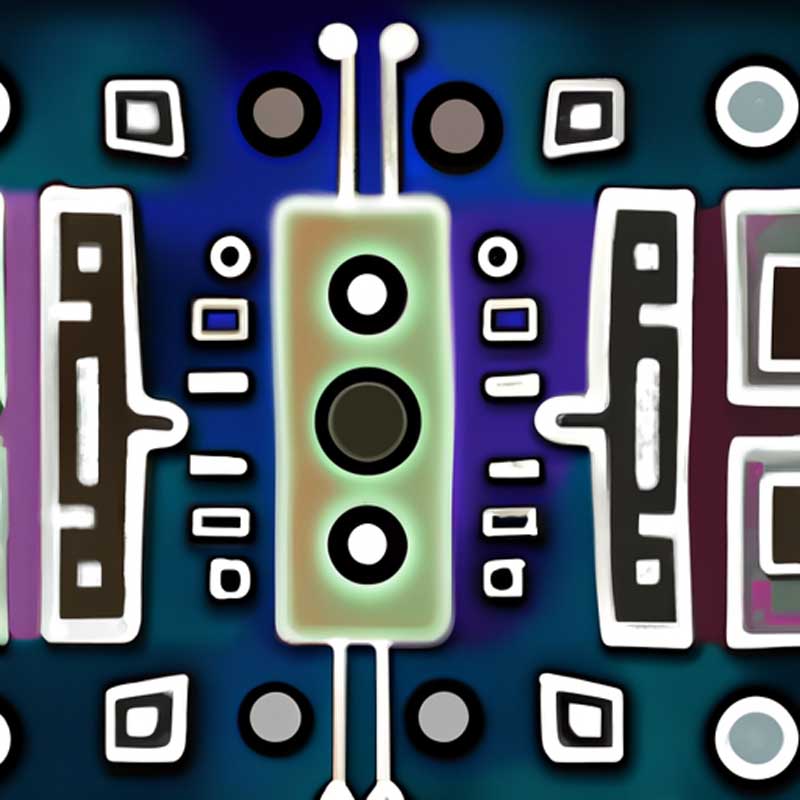TLDR
George Carlin’s estate has filed a lawsuit against the podcast “Dudesy” for allegedly using artificial intelligence (A.I.) to impersonate Carlin in a comedy special. The lawsuit claims that the podcast hosts infringed on the estate’s copyrights by training an A.I. algorithm on Carlin’s works for the special, and also illegally used Carlin’s name and likeness. The estate is seeking to prevent the podcast from using Carlin’s copyrighted works in the future and to have the episode removed.
Key Points:
- George Carlin’s estate sues podcasters for using A.I. to impersonate Carlin in a comedy special.
- Lawsuit claims infringement of copyrights and illegal use of Carlin’s name and likeness.
The estate of the comedian George Carlin has filed a lawsuit against the hosts of the podcast “Dudesy” for allegedly using artificial intelligence (A.I.) to impersonate Carlin in a comedy special. The lawsuit, which was filed in Federal District Court in California, accuses podcast hosts Will Sasso and Chad Kultgen of infringing on the estate’s copyrights by training an A.I. algorithm on five decades of Carlin’s works for the special titled “George Carlin: I’m Glad I’m Dead.” The special was posted on the podcast’s YouTube channel, where it remains.
In addition to the copyright infringement claims, the lawsuit also alleges that the podcast hosts illegally used Carlin’s name and likeness. The lawsuit calls for a judge to prevent “Dudesy” from using Carlin’s copyrighted works in the future and to require the podcast to destroy the audio and video of the episode.
A spokesperson for Sasso stated that “Dudesy” is not actually an A.I., but rather a fictional podcast character created by Sasso and Kultgen. The spokesperson also noted that the episode was entirely written by Kultgen. However, the spokesperson did not comment on whether the Carlin-sounding voice in the episode was generated by A.I.
Despite the podcast’s backtracking of the A.I. claims, the Carlin estate’s lawyer, Josh Schiller, confirmed that the lawsuit will move forward in court. The lawsuit raises important questions about the use of A.I. in creating content and the potential infringement of copyrights and rights of publicity.
